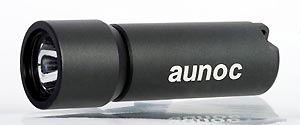- Home
- Directory
- Shop
- Underwater Cameras - Photographic Accessories
- Smartphone Housings
- Sea Scooters
- Hookah Dive Systems
- Underwater Metal Detectors
- Dive Gear
- Dive Accessories
- Diving DVD & Blu-Ray Discs
- Diving Books
- Underwater Drones
- Drones
- Subscriptions - Magazines
- Protective Cases
- Corrective Lenses
- Dive Wear
- Underwater Membership
- Assistive Technology - NDIS
- On Sale
- Underwater Gift Cards
- Underwater Art
- Power Stations
- Underwater Bargain Bin
- Brands
- 10bar
- AirBuddy
- Akona
- AOI
- Apollo
- AquaTech
- Atomic Aquatics
- aunoc
- AxisGo
- Backscatter Underwater Video and Photo
- BLU3
- Buddy-Watcher
- Cayago
- Chasing
- Cinebags
- Contour
- Deepblue
- Devilite
- Digipower
- DJI
- Dyron
- Edge Smart Drive
- Eneloop
- Energizer
- Exotech Innovations
- Fantasea
- FiiK Elektric Skateboards
- Fotocore
- Garmin
- Geneinno
- GoPro
- Hagul
- Hoverstar
- Hydro Sapiens
- Hydrotac
- Ikelite
- Indigo Industries
- Inon
- Insta360
- Intova
- Isotta Housings
- Jobe
- JOBY
- Kraken Sports
- LEFEET
- Marelux
- Mirage Dive
- Nautica Seascooters
- Nautilus Lifeline
- NautiSmart
- Nitecore
- Nocturnal Lights
- Nokta Makro
- Ocean Guardian
- Oceanic
- Olympus
- OM System
- Orca Torch
- Overboard
- Paralenz
- PowerDive
- QYSEA
- Ratio Dive Computers
- Scubajet
- Scubalamp
- Sea & Sea
- SeaDoo Seascooter
- SeaLife
- Seashell
- Seavu
- Shark Shield
- Sherwood Scuba
- Spare Air
- StickTite
- StormCase
- Sublue
- Suunto
- SwellPro
- T-HOUSING
- Tusa
- U.N Photographics
- Venture Heat
- XTAR
- Yamaha Seascooter
- Youcan Robot
- Zcifi
Gill netting kills penguins in Tasmania
I think when fishermen have already admitted they catch 30 penguins in a gill net it must be time to come up with a solution. This is a report from the International Penguin Conference in Hobart.
From the Tamanian 'Mercury':
LITTLE penguins are drowning in large numbers around Tasmania in gill nets, the International Penguin Conference in Hobart heard yesterday.
Tasmania's only penguin species was suffering from fishing, disturbance, dog attacks and, increasingly, fatal injuries from jetskis, a workshop was told.
Unseen by fish and penguins, the fine mesh nets -- dubbed the "phantom menace" -- were deadly to the diving birds, said scientist Eric Woehler.
"Recreational gill netting is banned in other states with little penguins. We don't know how many penguins are dying this way because the research hasn't been done but we hear of 20 in a net," Dr Woehler said.
"These nets are invisible. The penguins get caught in the spaces as they dive but because they come up for air, they're trapped and they drown. They should at least be banned near colonies."
Only about 5 per cent of the state's little penguins exist on the Tasmanian mainland.
Tasmanian Conservation Trust chief executive officer Christian Bell said fishers had admitted to rangers they had caught 30 penguins in a net.
Mr Bell said regulations had increased but there were no penguin colonies on mainland Tasmania where gill netting was banned.
"The birds are fully protected. But it's difficult to enforce," he said.
Department of Primary Industries and Water primary industries general manager Wes Ford said regulations over the past 15 years aimed to minimise the impact of nets on seabirds.
"Prohibitions on gill netting apply to most sheltered waters and gill nets cannot be set overnight. There is a very active education campaign aimed at raising awareness and improving fishing practices," Mr Ford said.
"We will also continue to review our regulations to ensure that any impact is reduced while providing opportunities for Tasmanians to be involved in fishing."
The conference heard of concerns about a colony of 600 penguins at Low Head that dive for food where effluent from the proposed Gunns pulp mill would meet the sea.
This week's conference has also been told how the winter journey of Adelie penguins is changing.
Satellite tagging has shown how the penguin adjust to changes in habitat brought by warming temperatures.
Field research and a 30,000 year-old bone record meant more was known about how Antarctic penguins would adjust to rapid climate change than almost any creature on Earth, said US environmental consultant David Ainley.
US conservationist Susie Ellis will give a free public talk on the conservation status of the world's penguins at 7pm today at the Stanley Burbury Lecture Theatre, University of Tasmania.
More at:
http://www.news.com.au/mercury/story/0,22884,22372015-3462,00.html
![]() Contributed by Tim Hochgrebe added 2007-09-06
Contributed by Tim Hochgrebe added 2007-09-06
![]() Login or become a member to join in with this discussion.
Login or become a member to join in with this discussion.

 Sealife Cameras
Sealife Cameras
SeaLife Cameras is the market leading manufacturer of compact underwater cameras and accessories for underwater photography. Full range of SeaLife products in the underwater shop. Guaranteed best price.
Shopfront
-
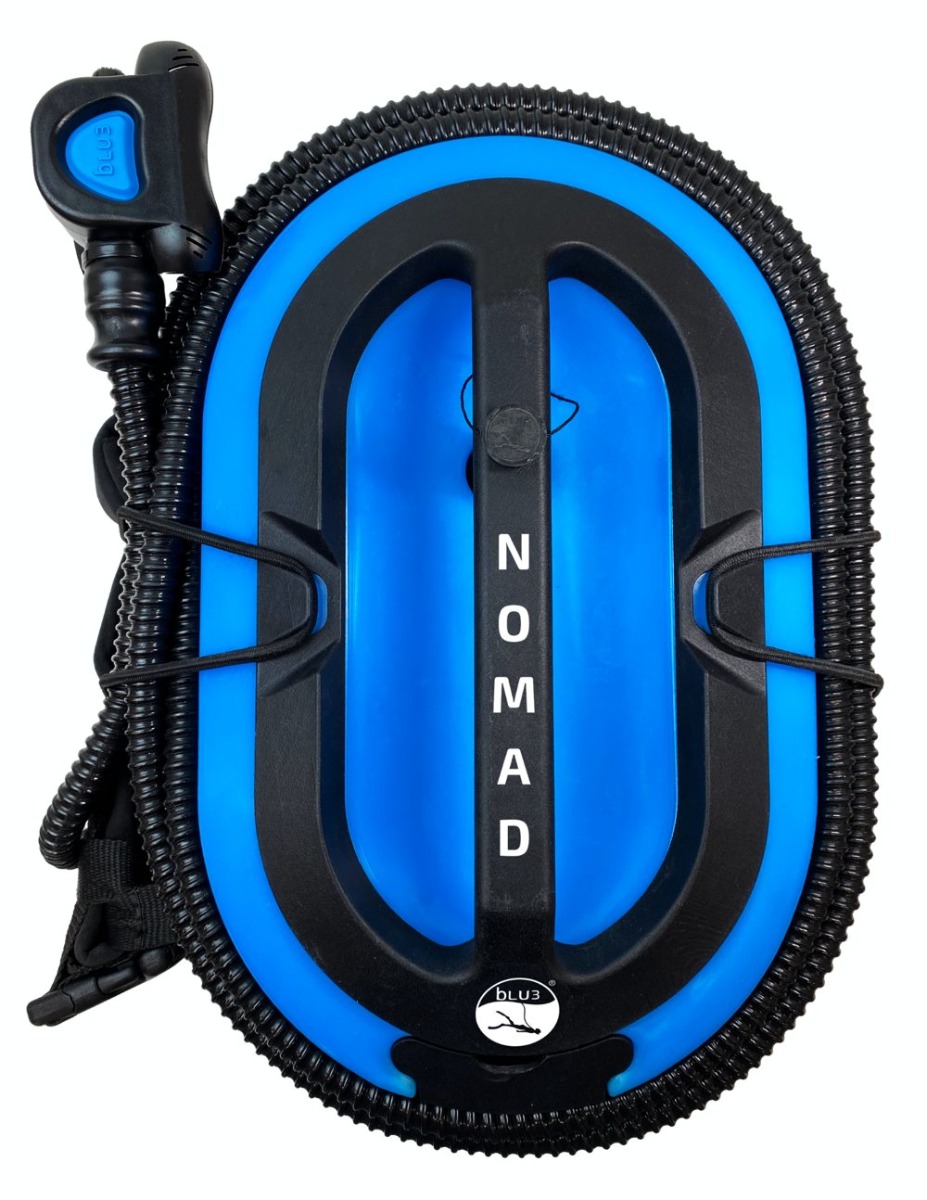 Nomad by BLU3 - Compact dive system - 30 feet
Nomad by BLU3 - Compact dive system - 30 feet
- Price A$ 3,399.00
-
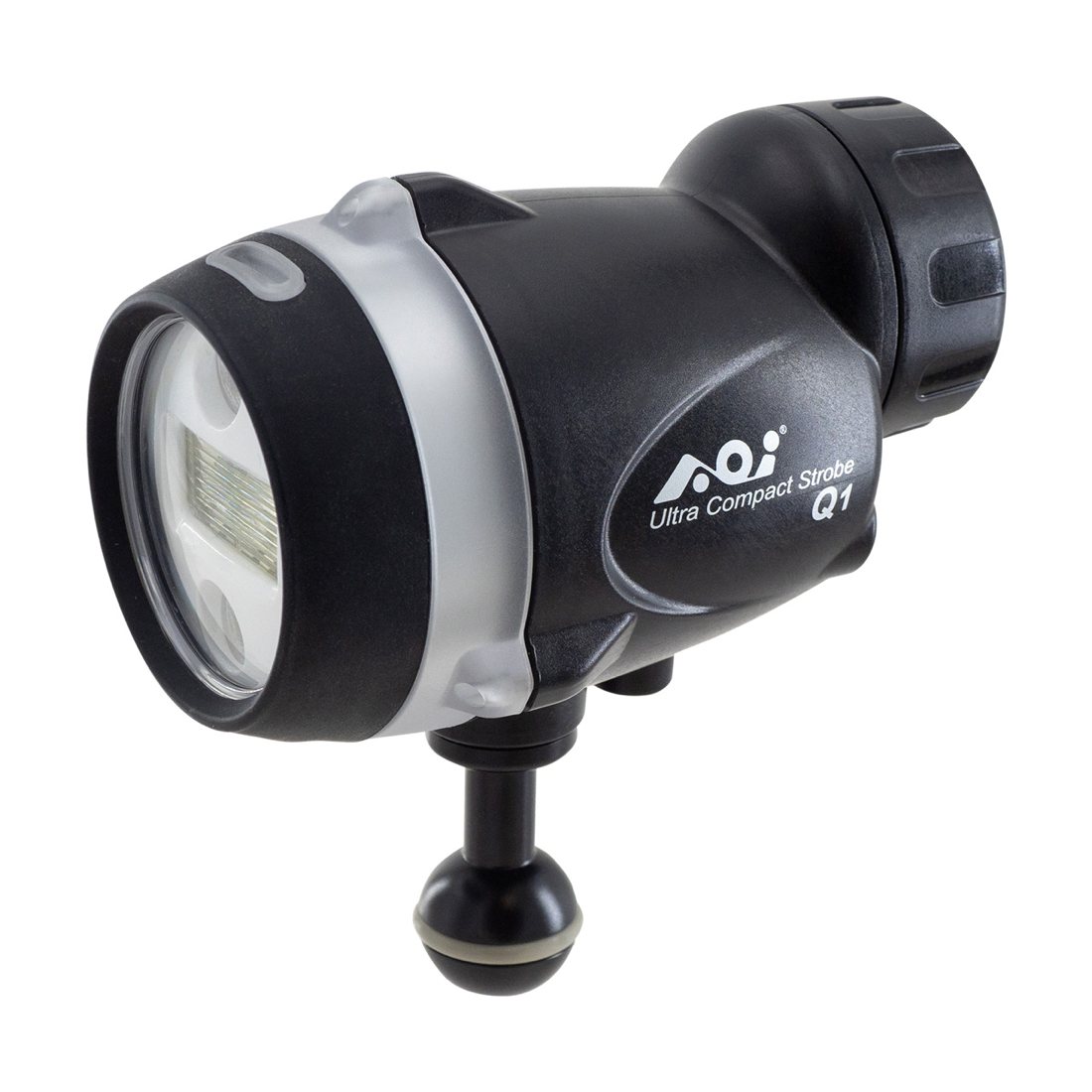 AOI UCS-Q1 Ultra Compact Strobe Q1
AOI UCS-Q1 Ultra Compact Strobe Q1
- Price A$ 539.00
-
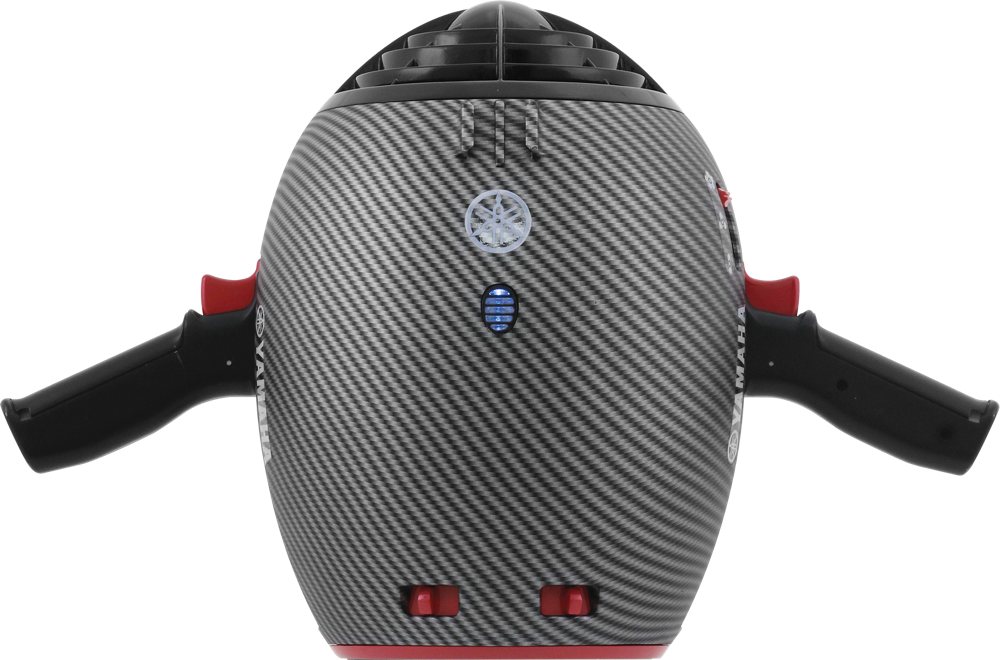 Yamaha Seascooter Jet Pod PRO
Yamaha Seascooter Jet Pod PRO
- Price A$ 1,799.00
-
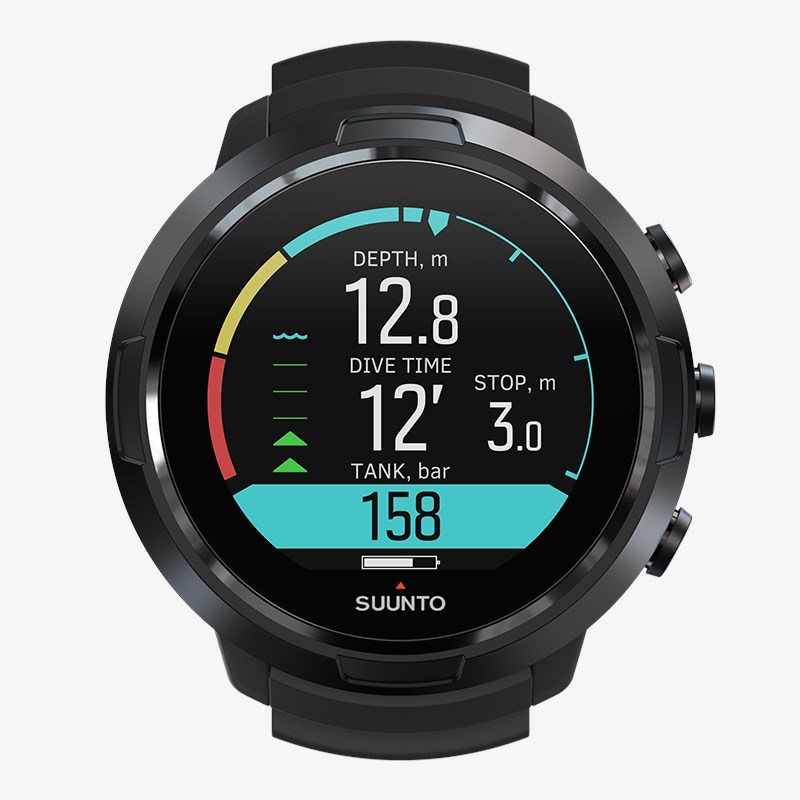 Suunto D5 Dive Computer with USB Cable
Suunto D5 Dive Computer with USB Cable
- Price A$ 799.00
-
 Kraken Sports - Universal Smart Phone Housing 2.0 Pro KRH07
Kraken Sports - Universal Smart Phone Housing 2.0 Pro KRH07
- Price A$ 799.00
-
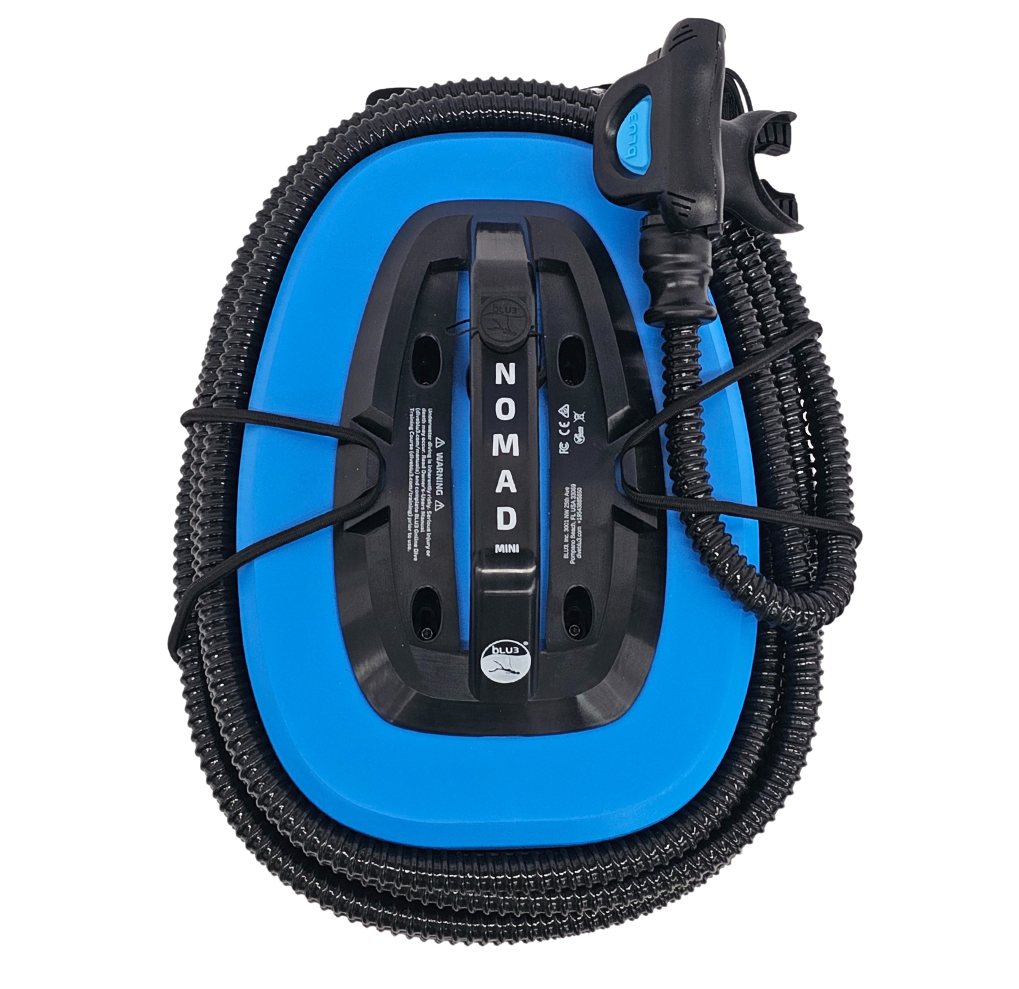 Nomad Mini by BLU3 - Compact dive system - 15 feet
Nomad Mini by BLU3 - Compact dive system - 15 feet
- Price A$ 2,549.00
-
 SeaLife Micro 3.0 Underwater Camera 64GB - Limited Edition Explorer Gift Set includes 2000F Sea Dragon light for FREE
SeaLife Micro 3.0 Underwater Camera 64GB - Limited Edition Explorer Gift Set includes 2000F Sea Dragon light for FREE
- Price A$ 1,049.00
-
 Oceanic+ Dive Housing - for iPhone
Oceanic+ Dive Housing - for iPhone
- Price A$ 979.00
Articles
-
 Hooked on Julian Rocks, Byron Bay
Hooked on Julian Rocks, Byron Bay
by John Natoli
- 20th July 2003 .... that is the first time I drove down from the Gold Coast to Byron Bay and arrived at Sundive, jumped on one of their boats and set out to dive Julian Rocks - and I have been addicted ever since







